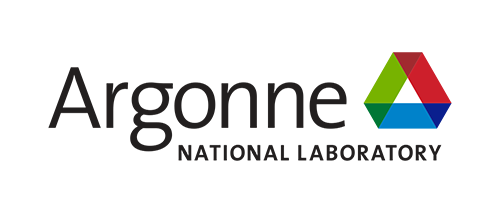January 2023 Edition
 Qiang Dai, Sustainability Analyst, AMD
Qiang Dai, Sustainability Analyst, AMD
Growing up, Qiang Dai watched a familiar and beloved clear lake turn milky green. It was eventually designated one of the most polluted in China. Dai always hoped she could help clean it up one day, and so she developed a plan to do it. She majored in environmental engineering in Tianjin University, specializing in water treatment technologies, and finished two years of a related PhD at the University of Michigan.
Then, Dai’s plan went sideways.
Funding issues forced Dai to change her area of focus. Her advisor stepped in and helped her get involved in a study on the environmental impacts of natural gas-powered passenger mobility options. The project introduced her to life cycle assessment, and opened her mind to ways to protect the environment beyond water treatment. Ultimately, the project became the heart of her PhD thesis, and laid the foundation for her research on the sustainability of energy and transportation systems, with a focus on batteries.
“Sometimes things don’t go as planned, and you will be thrown off trail,” said Dai. “But, if you persevere, even seemingly unrelated dots will eventually be connected to guide you to where you want to be.”
Today, Dai is a sustainability analyst in Argonne’s Applied Material Division. She works with industry, academia, and government agencies to analyze the cost and environmental impacts of decarbonization technologies. A key area of focus is in the ReCell Center, where her work informs research and development of cost-effective and environmentally beneficial battery recycling technologies.
She thrives in her new role but sometimes still finds herself adjusting to the turn her career plan took.
“I was trained as an engineer, but now I primarily work on modeling and analyses that produce results which are hard – if not impossible – to validate,” said Dai, who has been in her current field for about 10 years. “Changing my mindset to embrace uncertainties and even unknowns has been the most significant barrier in my career. I had to develop methods to address those uncertainties and unknowns, and learn to accept that even results with great uncertainty could provide valuable insights.”
Much of Dai’s work resides in the public domain, which she finds very rewarding. It can be accessed by anyone from anywhere in the world, which means she knows her work has impact. Her research informs public policy and companies can also use it to better understand where their CO2 emissions come from. This may lead to finding ways to reduce emissions, which ties back to her initial interest in cleaning up the environment.
Dai tries to be mindful of maintaining physical and mental health, starting first and foremost with her funny bone. When asked how she keeps her professional and personal life in balance, she joked: “Sunshine and dog videos, plus two ‘carbon-rich fuels’: Coca-Cola and french fries!”


